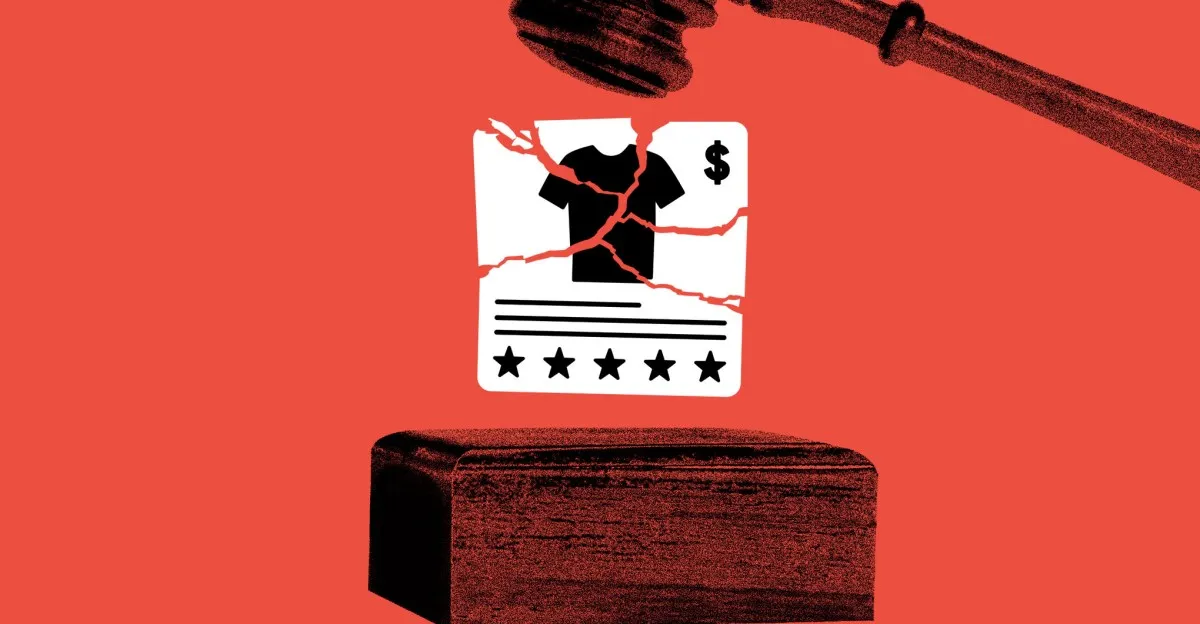
The Justice Department has taken a significant step in its ongoing battle against what it deems the illegal monopoly held by Google in the digital advertising space. In a bold move, the department has announced that Google must divest its ad exchange to restore competition in the market and ensure fair practices for all players involved.
For years, Google has been under scrutiny for its dominance in the digital advertising industry. The ad exchange serves as a critical platform that connects advertisers with publishers, allowing for the buying and selling of ad space. The Justice Department argues that this monopoly stifles competition, harms smaller businesses, and ultimately limits choices for consumers.
The requirement for Google to sell its ad exchange could lead to profound changes in the landscape of digital advertising. By divesting this asset, the Justice Department aims to break up the monopoly and foster a more competitive environment. This move is expected to lower advertising costs and increase innovation in the industry, allowing smaller companies to thrive.
In response to the Justice Department's ruling, Google has expressed its disagreement, arguing that the company's practices have benefited both advertisers and consumers. Google maintains that its ad exchange operates efficiently and that the alleged monopoly has not harmed competition. The tech giant is likely to mount a robust legal defense against this order.
The outcome of this situation could reshape the future of digital advertising significantly. If the Justice Department’s directive is enforced, it may inspire other regulatory bodies worldwide to reevaluate the power of tech giants like Google. This could lead to further investigations and potential regulations aimed at ensuring a level playing field in the digital marketplace.
The Justice Department's call for Google to sell its ad exchange is a pivotal moment in the fight against monopolistic practices in the tech industry. As the situation develops, it will be essential for stakeholders, including advertisers and consumers, to stay informed about the potential changes that could arise from this landmark decision.